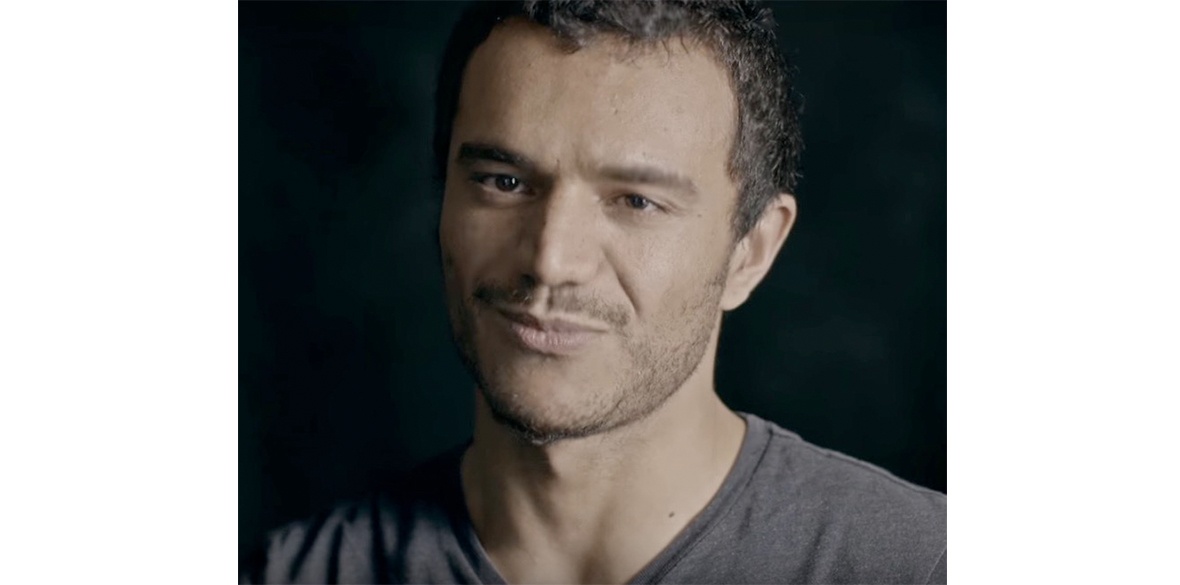This is the last article you can read this month
You can read more article this month
You can read more articles this month
Sorry your limit is up for this month
Reset on:
Please help support the Morning Star by subscribing here
THE PERSEVERANCE (Penned in the Margins, £9.99) is the first collection by British-Jamaican poet Raymond Antrobus and it is one of the most original of the year.
It’s a book about listening — to what people say and to what they don’t say. And it’s a book about being deaf in a hearing world:
“I call you out for refusing to acknowledge/sign language in classrooms, for assessing/deaf students on what they can’t say/instead of what they can… I tried, hearing people, I tried to love you, but you laughed/at my deaf grammar… you erased what could have always been poetry…”
There are some beautiful poems about his father, notably His Heart, the pantoum Happy Birthday Moon, After Being Called a Fucking Foreigner in London Fields and the brilliant title poem. It begins bleakly in childhood:
“I wait outside THE PERSEVERANCE./Just popping in here a minute./I’d heard him say it many times before/like all kids with a drinking father./watch him disappear/into smoke and laughter.”
But because it is a sestina, by the time the repeat words come tumbling back at the end, it has become a poem about a different kind of loss:
“I still hear popping in for a minute, see him disappear./We lose our fathers before we know it./I am still outside THE PERSEVERANCE, listening for the laughter…”
Bob Beagrie’s extraordinary new book Civil Insolencies (Smokestack Books, £7.99) tells the dramatic story of the battle of Guisborough in North Yorkshire on January 16 1643, when Parliamentary soldiers defeated Royalists forces in order to secure the crossings over the River Tees.
But it is clear from the first pages that this is also a study of our own bitterly divided and uncertain times. History is always “a choice poised of the nib of a pen/or the turn of a dial in the Tardis/to find the Golden Age by traversing/star-paths of the past or the future.”
Beagrie looks back on a World Turn’d Upside Down and attempts to “repopulate the vast wastelands of the past” with the leaders and the led, Roundheads and Royalists, soldiers and civilians, historical and imagined, “each stride bringing them closer/to salvation, their own and that of a divided nation/through hallucinations of exhaustion, fear, trembling.”
It’s a book about authority and dissent, free speech and faith, propaganda and social division, reaction and revolution, asking why it is that the earth is still “a common treasury kept out of reach by the trappings of majesty.”
Owen Gallagher was born in 1949 to Irish parents in the Gorbals area of Glasgow. His latest collection, Clydebuilt (Smokestack Books, £7.99), looks back on a childhood in the Gorbals in the 1950s and 1960s — poverty, pawnshops and sectarianism, carbolic soap and lice, Saturday morning at the pictures, violent teachers, razor gangs and blacklists.
“Ah’ll show yoo anuther Glesca,” he announces in Thi Unoffishal Toorist Guide Oootside Glesca Central,” not the “bleached version” of history books and tourist brochures:
“Ah’ll tell yoo aboot thi Clydeside thit made thi English/Government pipe thit thi Revolooshun wid start here/n planked tanks n gangs o strike breakers.”
It’s a book about words – Glaswegian dialect, Latin and the church’s “tabernacle of language.” And it’s about Red Clydeside, a city of dreamers, fighters, singers and rebels:
“I saw a new world/being assembled/in a sweatshop/where dreamers,/singers, fighters,/
unfurled a trade union flag,/their voices bolted/and welded into one.”












